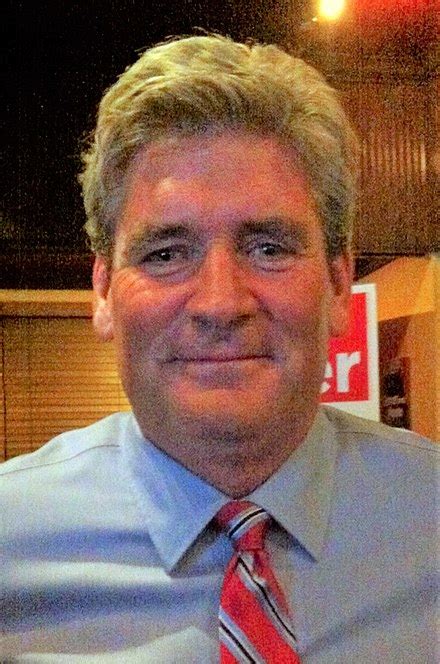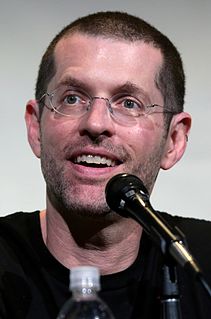A Quote by Paul Allen
As an ex-programmer, I'm still just curious about how the brain functions, how that flow of information really happens.
Quote Topics
Related Quotes
Everything is super personal. Basically all of the songs are 'this is my life and what I feel about it.' That's how my brain works and thinks about things. It's really strange because I never really think about what I want to write about - it sort of just comes out. I literally say whatever is in my brain.
We are not born with effective vision. The human infant has to learn how to see. The eyes gather information, they transmit it to the brain, but the brain doesn't know how to process it yet. We learn how to see in a way that's very similar to the way we learn how to speak. It takes a couple of years.
My brain does like the idea of hosting a late-night show. My brain does like the idea of maybe having a show about me. So, I often pitch ideas and work on scripts and do that just because I may not be right about how I feel, so why not just do this, and if it happens and I got my own show, well maybe I would really end up falling in love with it.
Just providing information about how bad things are, or the statistics and data on incarceration by themselves, does lead to more depression and resignation and is not empowering. The information has to be presented in a way that's linked to the piece about encouraging students to think critically and creatively about how they might respond to injustice, and how young people have responded to injustice in the past.
When someone is in a state of flow, that person's brain is not thinking about anything - it's just processing things through chunks at a total instinct level. Athletes in a state of flow describe knowing what will happen just before it does - knowing how a defender will react to a certain move an instant before doing it. Of course, if you know what will happen, you can succeed at doing it, so an athlete in flow has a stand-out game.
We still know so little about how the brain interacts with the body chemistry or, for that matter, whether we should be talking about the brain or the mind, that it would be perilous to hazard any guess about the way Abraham Lincoln's biological health may or may not have affected him. Of course, we don't have Lincoln on hand to ask him directly; but even if we did, we still might not be able to make sense of how all the parts worked together.
The whole thing about writing a play is that it's all about controlling the flow of information traveling from the stage to the audience. It's a stream of information, but you've got your hand on the tap, and you control in which order the audience receives it and with what emphasis, and how you hold it all together.


































